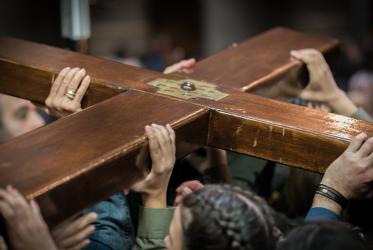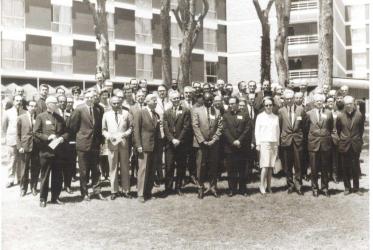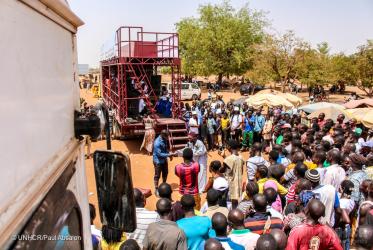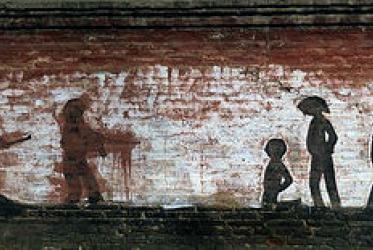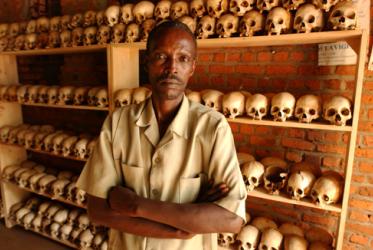A Laboratory for Ecumenical Life
A short history of the premier institute for ecumenical studies, fully updated for Bossey’s 70th anniversary. Updated Edition.
Lodged in an 18th-century château overlooking Lac Léman and the Alps, the Ecumenical Institute at Bossey, Switzerland, is the premier site for ecumenical encounter and study.
Begun even before the inauguration of the World Council of Churches, during 70 years Bossey has drawn thousands of women and men from all over the world and every Christian confession and culture for seminars, conferences, and, since 1952, for its graduate school of ecumenical studies. Its communal life and learning have changed the lives of many people and made it a true laboratory for new forms of ecumenical life.
This brief yet lively history of Bossey, penned by Hans-Ruedi Weber and updated by Robert K. Welsh, delves into the roots and evolution of Bossey and its programmes, its place in the whole ecumenical movement, and the people who have invested creative energy into its growth and flourishing. The Story of Bossey reveals not only a life-changing venue for Christian encounter but a lens on the rapidly changing landscape of the larger church, the ecumenical movement, and indeed the world.
01 March 2016



